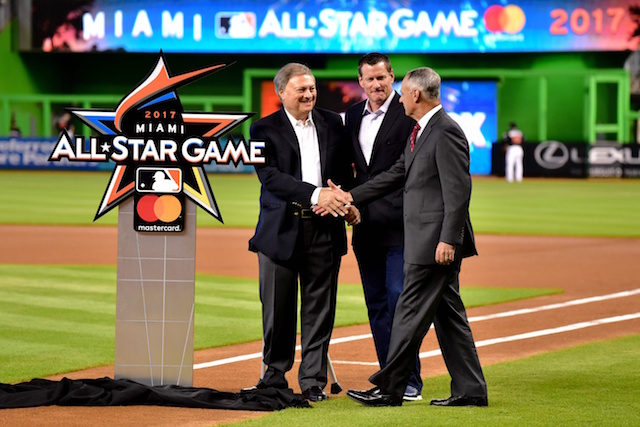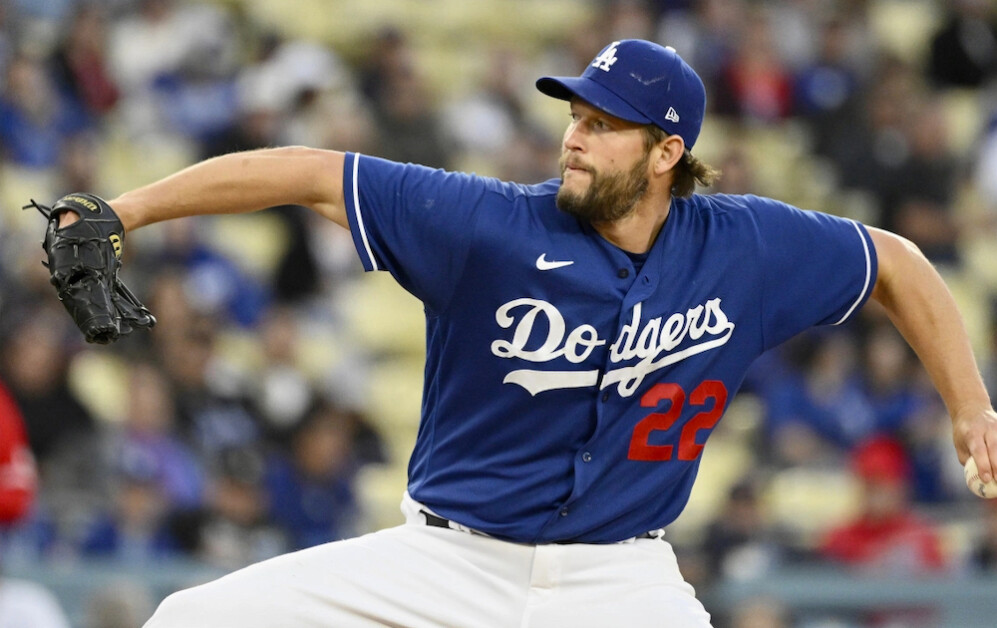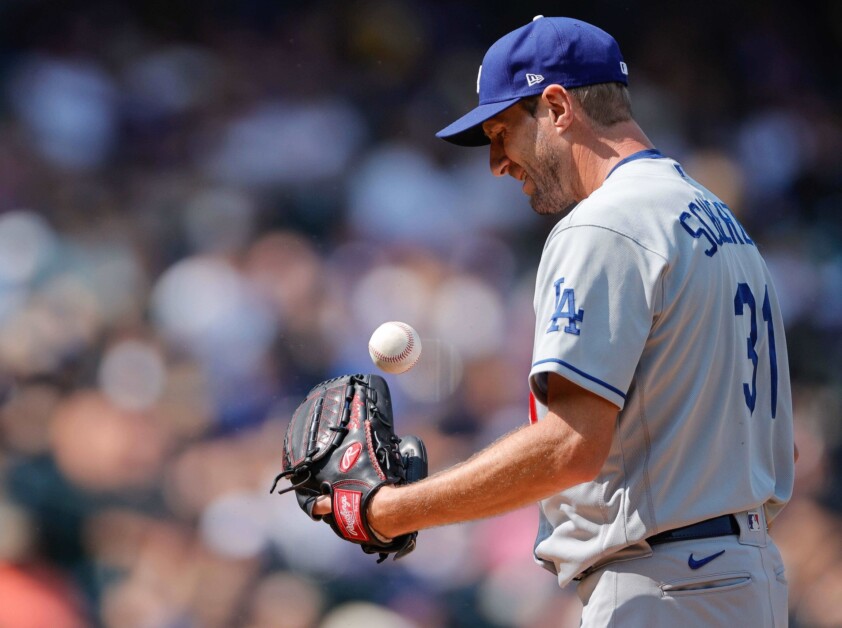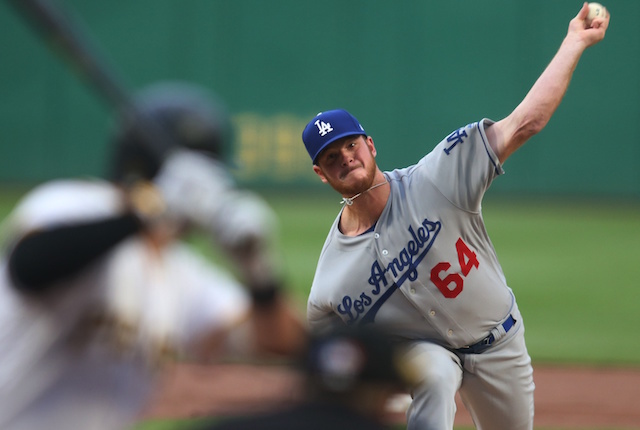MLB commissioner Rob Manfred, owners and players beat the deadline to come to terms on a new collective bargaining agreement. While it must still be ratified by owners and players, the agreement was in place hours before the previous CBA expired on Thursday at 12:01 a.m. ET.
With it came multiple changes to the free agency, more specifically the qualifying offer system, luxury tax thresholds are set for incremental increases, and more. An international draft was not implemented, but a cap is in place to limit spending per club for each year.
As for on-field matters, the MLB All-Star Game will no longer determine home-field advantage for the World Series.
That instead will go to the team with the superior regular-season record, with All-Stars now playing for a pool of money, per Ronald Blum of the Associated Press:
The league that wins baseball’s All-Star Game no longer will get home-field advantage in the World Series, which instead will go to the pennant winner with the better regular-season record.
As part of the changes for next year, players in the All-Star Game will have the incentive to play for a pool of money.
After the 2002 Midsummer Classic ended in a 7-7 tie in the 11th inning when the American League and National League ran out of pitchers, then-commissioner Bud Selig made the controversial shift to the All-Star Game affecting home field in the World Series.
Since the change was implemented for the 2003 All-Star Game, the AL went 11-3, and won the World Series eight times during that span. Granted, not having home-field advantage worked in the Chicago Cubs’ favor as they were able to utilize Kyle Schwarber as a designated hitter more often.
The 2017 All-Star Game is being played at Marlins Park, marking the third consecutive year an NL park is hosting the annual event. The Washington Nationals hold the honor for 2018.








